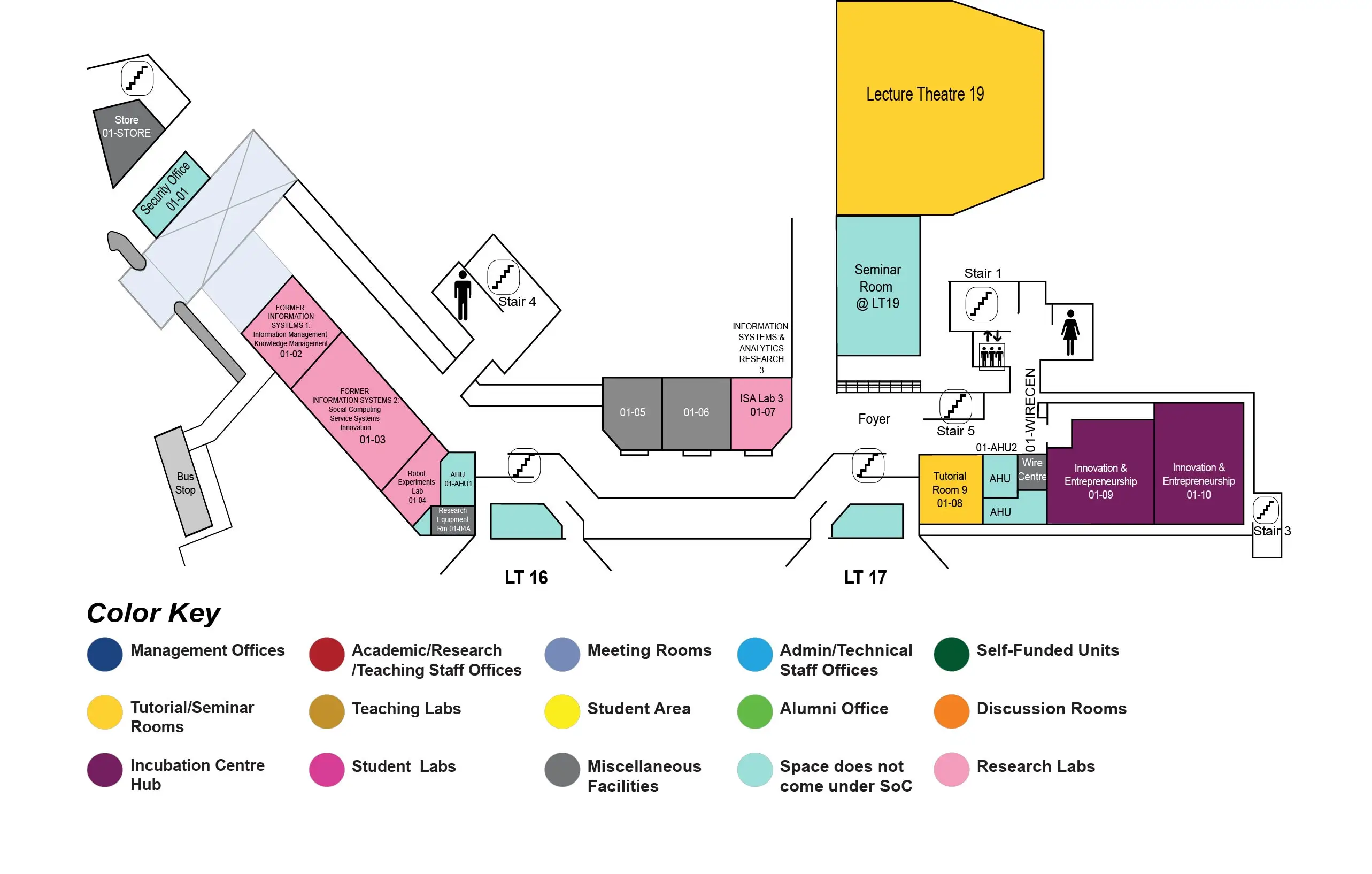1. Event Modeling and Processing to Simplify Real-Time Analysis of Physiological Signals
2. DevCom: Device Communities for User-friendly and Trustworthy Communication, Sharing, and Collaboration
University of Oslo
COM2 Level 1
Seminar Room @LT19 COM2, Level 1


Abstracts:
1) Event Modeling and Processing to Simplify Real-Time Analysis of Physiological Signals
Recent developments in wireless sensors to measure physiological parameters and environmental parameters enable a new generation of applications for health monitoring. However, the complexity of many physiological signals and the need to process sensor data in real-time makes programming such applications a challenging task. This chapter motivates the need to step-wise reduce the complexity of sensor data to enable medical experts to tailor and develop (parts of) applications without having in depth programming skills. To achieve this goal, a methodology for application development with real-time sensor data processing is presented. The methodology is based on the concepts of physical and logical sensors, which can detect atomic and composite events. The combination of using the declarative approach of Complex Event Processing and modularization allows processing most data in the event space instead of signal processing. A use case for a home care application demonstrates the strength of this methodology.
2) DevCom: Device Communities for User-friendly and Trustworthy Communication, Sharing, and Collaboration
We present the design, implementation and evaluation of DevCom, a network system that provides users a trustworthy and user-friendly way to communicate, share and collaborate among distinct groups of devices simultaneously, e.g., home devices, work devices and friends' devices. DevCom is trustworthy, because reliability, security and privacy issues are automatically taken care of with state-of-the-art cryptography. User-friendliness is ensured through self-configuration, persistent connections in advent of mobility, and by automatically solving problems that network address translation (NAT) and firewalls introduce. An experimental evaluation shows that (1) on-the-shelf applications such as games perform in the same way as they do without DevCom, (2) latency, throughput and processing overhead is low and unnoticeable to users, and (3) persistent connections are automatically supported on devices with changing addresses. A critical analysis from three user perspectives, i.e., a novice, an intermediate user, and an application developer, highlight the user-friendliness of DevCom for a broad range of users.
Biodata:
Professor Thomas Plagemann is at the University of Oslo since 1996. Currently, he leads the research group in Distributed Multimedia Systems at the Department of Informatics. He has a Dr.SC degree from Swiss Federal Institute of Technology (ETH) in 1994 and received in 1995 the Medal of the ETH Zurich for his excellent Dr.Scient thesis. His research interests include multimedia communication and applications, mobile and pervasive systems, Future Internet, multimodal sensor systems and event processing. He has published over 150 papers in peer-reviewed journals, conferences and workshops in his field. He serves as Editor-in-Chief for the Springer Multimedia Systems Journal, and as Associate Editor for ACM Transactions of Multimedia Computing, Communications and Applications, and Elsevier Computer Communications.

